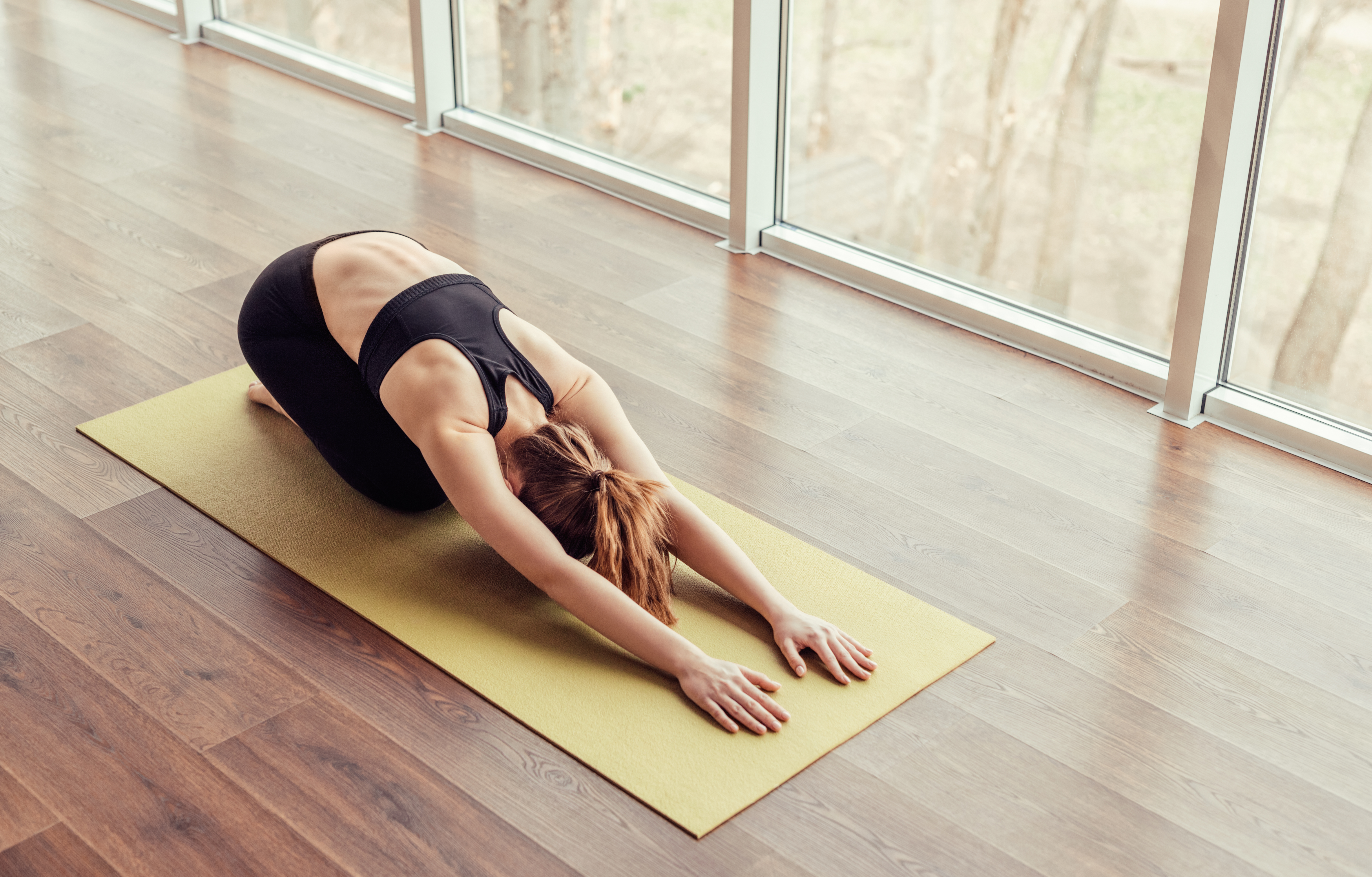Little Things That Affect Your Posture
3. Ergonomic Awareness: Comfort Meets Posture
Ergonomic awareness involves arranging your environment to support good posture. Whether at work or home, ensuring that your chair, desk, and computer screen are at the correct height can prevent slouching and promote a more upright position. Investing in ergonomic furniture and accessories, such as a supportive chair or a standing desk, can make a significant difference in how you hold yourself. By creating a space that encourages good posture, you reduce strain on your body, increase productivity, and enhance your overall well-being. This habit, when practiced consistently, becomes second nature, subtly influencing how you stand and move throughout your day.
4. Stretching: Flexibility for Poise

Regular stretching is crucial for maintaining flexibility and preventing stiffness, which can lead to poor posture. Incorporating stretches targeting the neck, shoulders, back, and hips into your daily routine can alleviate tension and promote a more relaxed, upright stance. Stretching not only enhances your physical flexibility but also increases your awareness of your body's alignment, helping you make necessary adjustments to your posture throughout the day. As you develop a habit of stretching, you'll find that your body becomes more adaptable and resilient, allowing you to stand tall with ease and grace, even during long periods of sitting or standing.
